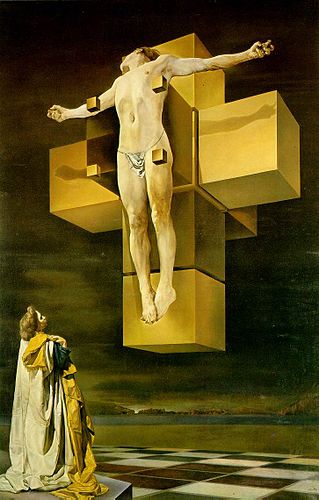
If all meanings are fixed, then ambiguous meanings are not meaningful at all. To eternalism, any potential nebulosity of meaning looks like non-existence of meaning. Any morality that is not black-and-white is just immorality; any life-purpose that is not ordained in the Cosmic Plan is aimless wandering; any uncertainty about who you are is intolerable.
In other words, to eternalism, every other stance appears to be nihilism, more-or-less. Nihilism actually is harmful and wrong—eternalism is right about that. If nihilism were truly the only alternative, perhaps eternalism would be the least bad choice. That is a main part of its appeal.
When eternalism’s promises of certainty, understanding, and control are revealed as lies, nihilism looms. The promise to keep nihilism at bay is then eternalism’s final ploy.
Increasingly many Westerners have abandoned organized religion, but surprisingly few say they are atheists. They may say “I don’t believe in God, exactly, not as a person, but I believe in something—maybe you could say a higher power, or the universe as a whole, or maybe it’s love—it doesn’t really matter what you call it.”1
I think what they are trying to say is that they believe meaning is real; and I think they are right. Theirs is a relatively sophisticated stance: nihilism is wrong, and so are God-based religious systems. But it’s not true that, for meaning to be real, it has to be fixed in place by some other eternal ordering principle.
I will deliver good news: there is a third alternative that includes what’s right about both eternalistic religion and nihilism; avoids the errors of both; is conceptually coherent; and is workable as a way of life.
- 1.For instance, in a controversial interview, Oprah Winfrey told atheist Diana Nyad “I think if you believe in the awe and the wonder [of nature], and the mystery, then that is what God is. It’s not the bearded guy in the sky.”
